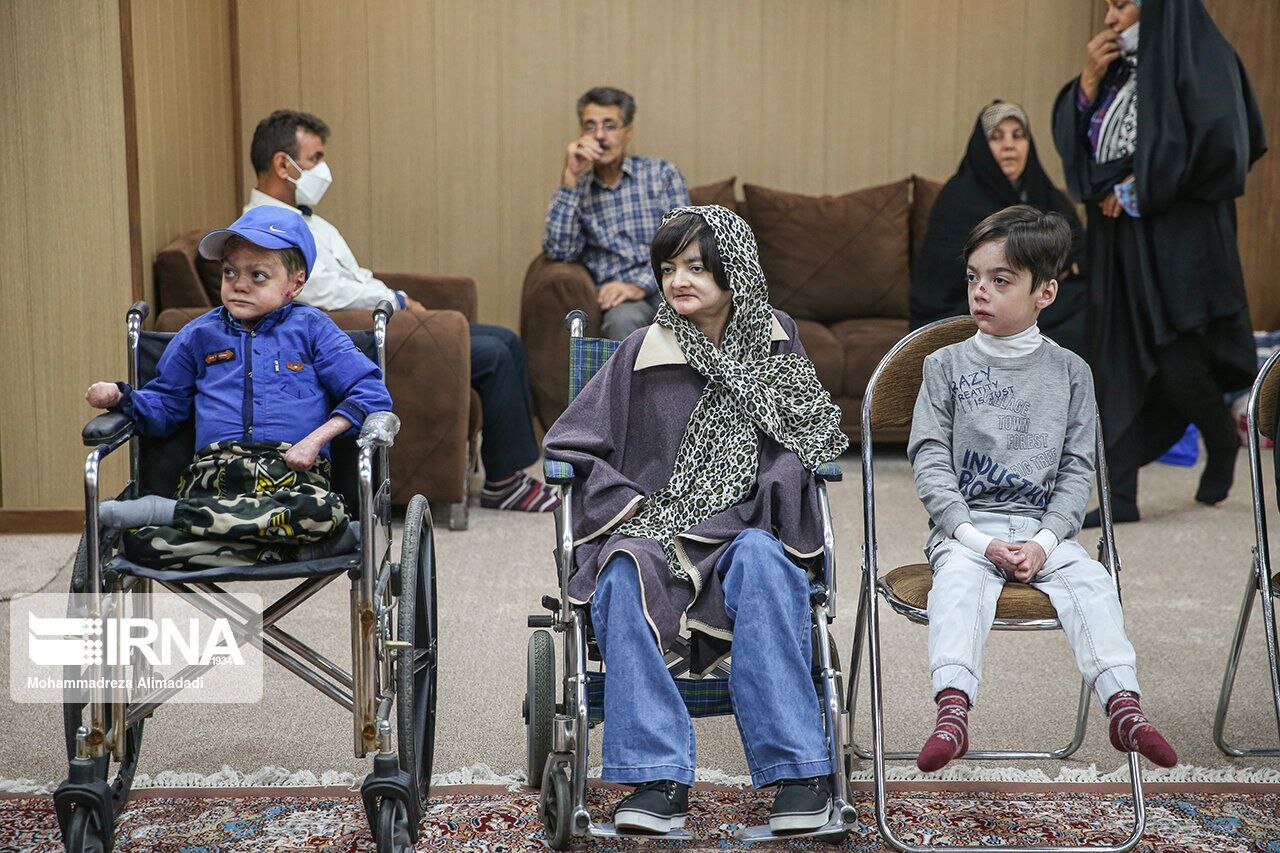No lack of medical supplies for EB despite sanctions

TEHRAN –Despite sanctions, Iran’s Food and Drug Administration (IFDA) has managed to procure and store the essential medical supplies needed by Epidermolysis Bullosa (EB) patients, an official with IFDA has said.
EB is a severe and life-threatening skin condition that causes extremely painful wounds. Many are children, who are often referred to as “butterfly kids” because of their fragile skin.
The provided items will meet patients’ needs for six months. EB Home will distribute them among patients, free of charge, IRNA quoted Mavedat Homaei as saying.
The World Health Organization has also helped the country to receive these products, the official noted.
Medicine import crisis in wake of sanctions
In a recent statement, in November, a high-ranking official at IFDA revealed that European Union sanctions have significantly impacted Iran’s pharmaceutical imports, leaving patients with critical health needs particularly vulnerable.
The government is now exploring alternative pathways to ensure the steady flow of essential medical supplies to the country.
Speaking at a nursing equipment exhibition in Tehran, Fereshteh Mirzazadeh, deputy head of the IFDA, provided an update on the measures Iran is taking to counter these obstacles.
She outlined the government’s ongoing efforts to establish new transport routes and form partnerships with foreign airlines that could help bypass the sanctions.
“We are working to open special air corridors, collaborate with international firms, and strengthen domestic production,” Mirzazadeh said. “These strategies are essential to securing the medical supplies needed by our population.”
In addition to these international arrangements, the IFDA is prioritizing investment in local production capabilities. Mirzazadeh expressed hope that these sanctions could ultimately become an impetus for growth in Iran’s pharmaceutical sector, aiming to reduce dependence on imports by improving the quality and quantity of domestically produced medications.
“We view this challenge as an opportunity to bolster our internal resources and increase self-sufficiency in the healthcare sector,” she added.
Sanctions harming right to health
In July 2022, Iranian Ambassador to Stockholm Ahmad Masoumifar severely criticized a Swedish company for refraining from selling special bandages which are vital for patients suffering from Epidermolysis Bullosa in the country.
“A Swedish company manufacturing medical supplies is still refraining from selling bandages needed for EB patients in Iran under the pretext of U.S. sanctions,” the envoy wrote on his Twitter.
Across the country, 950 people have been diagnosed with EB, but considering that EB is estimated to occur in 1 newborn per 50,000 live births, it is suggested that in Iran 1,200 people are suffering from EB.
Without the bandages, they face difficulties even in their daily routine, including walking, eating, or even breathing, and unfortunately, there is no alternative treatment for such pain.
The criminal policy of the United States caused the death of 15 EB patients from 2010 to 2018 when the Swedish bandage maker decided to halt shipments to Iran due to fear of secondary sanctions as part of over-compliance.
In October 2021, experts appointed by the UN Human Rights Council said over-compliance with United States-imposed sanctions against Iran is harming the right to health, and people with rare skin diseases are among those affected, many of them children.
As a result, EB patients in Iran can no longer enjoy the right to health, said the experts.
MT/MG
